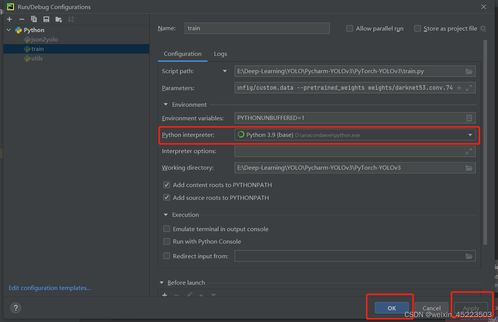Cabinet Paint No Sanding or Priming: A Comprehensive Guide
Transforming your cabinets without the hassle of sanding or priming might sound too good to be true, but with the right products and techniques, it’s entirely possible. Whether you’re looking to refresh your kitchen, bathroom, or any other room in your home, this guide will walk you through the process of painting your cabinets without sanding or priming.
Understanding the Process

Painting cabinets without sanding or priming requires a specific type of paint that is designed to adhere to various surfaces without the need for a primer. These paints are often referred to as “direct-to-gloss” or “self-priming” paints. They contain ingredients that help the paint bond directly to the cabinet surface, providing a durable finish.
Choosing the Right Paint

When selecting a paint, look for products labeled as “no sanding or priming” or “self-priming.” These paints are formulated to provide a strong bond to a variety of surfaces, including wood, laminate, and even painted cabinets. Some popular brands that offer these types of paints include Behr, Benjamin Moore, and Sherwin-Williams.
Here’s a table of some recommended paints for cabinet painting without sanding or priming:
| Brand | Paint Name | Finish |
|---|---|---|
| Behr | Marquee Home | Matte, Satin, Semi-Gloss |
| Benjamin Moore | Regal Select | Matte, Satin, Semi-Gloss |
| Sherwin-Williams | ProClassic | Matte, Satin, Semi-Gloss |
Preparation

Before you start painting, it’s essential to prepare your cabinets properly. Here are the steps to follow:
-
Remove all hardware from the cabinets, including handles, knobs, and hinges.
-
Clean the cabinets thoroughly with a mild detergent and water. Be sure to remove any grease or dirt that may be on the surface.
-
Allow the cabinets to dry completely before painting.
-
Protect any surfaces that you don’t want to paint, such as countertops or floors, with painter’s tape.
Painting Technique
When applying the paint, use a high-quality brush or roller designed for use with latex paints. Here are some tips to ensure a smooth and even application:
-
Start by painting the inside of the cabinets, such as the back and sides, to avoid drips on the front.
-
Apply the paint in thin, even coats, allowing each coat to dry before applying the next.
-
Use a brush to paint the edges and corners, and a roller for the larger surfaces.
-
For a more professional look, consider using a paint sprayer. This can help achieve a smooth, even finish without brush marks.
Finishing Touches
Once the paint has dried completely, it’s time to reattach the hardware. Here are a few tips to ensure everything looks perfect:
-
Wipe down the hardware with a damp cloth to remove any dust or paint specks.
-
Reattach the handles, knobs, and hinges, making sure they are secure.
-
Clean the cabinets with a soft cloth to remove any dust or lint from the paint application.
By following these steps, you can transform your cabinets without the need for sanding or priming. Not only will your cabinets look like new, but you’ll also save time and effort in the process.














